A car accident can shake you up fast. The biggest risk is missing injuries and making choices that hurt a personal injury claim.
Get checked at the emergency room or urgent care as soon as possible. Hidden problems like head trauma, spinal injuries, or internal bleeding can start quietly and worsen later. Early medical treatment also creates the records insurance companies need to process your accident claim.
This guide breaks down six costly ER mistakes and how to avoid them. Use it to protect your health, your money, and your case.
Key Takeaways
Delaying ER care after a car accident can hide injuries like traumatic brain injury or internal bleeding. Waiting also weakens your claim, especially in states like Florida that have a 14-day personal injury protection deadline.
Not reporting all symptoms, such as headaches, numbness, mood changes, or open wounds, limits documentation for legal cases and can reduce compensation under no-fault laws.
Leaving a crash without documenting evidence or getting the other driver’s insurance information leads to claim problems and lower settlements.
Posting accident details on social media gives insurers material to challenge your injuries. Make profiles private and pause posting until the case ends.
Accepting quick settlement offers before finishing medical treatment or talking with a personal injury attorney often means smaller payouts, on average far less than represented cases.
Table of Contents
Common ER Mistakes After a Car Accident
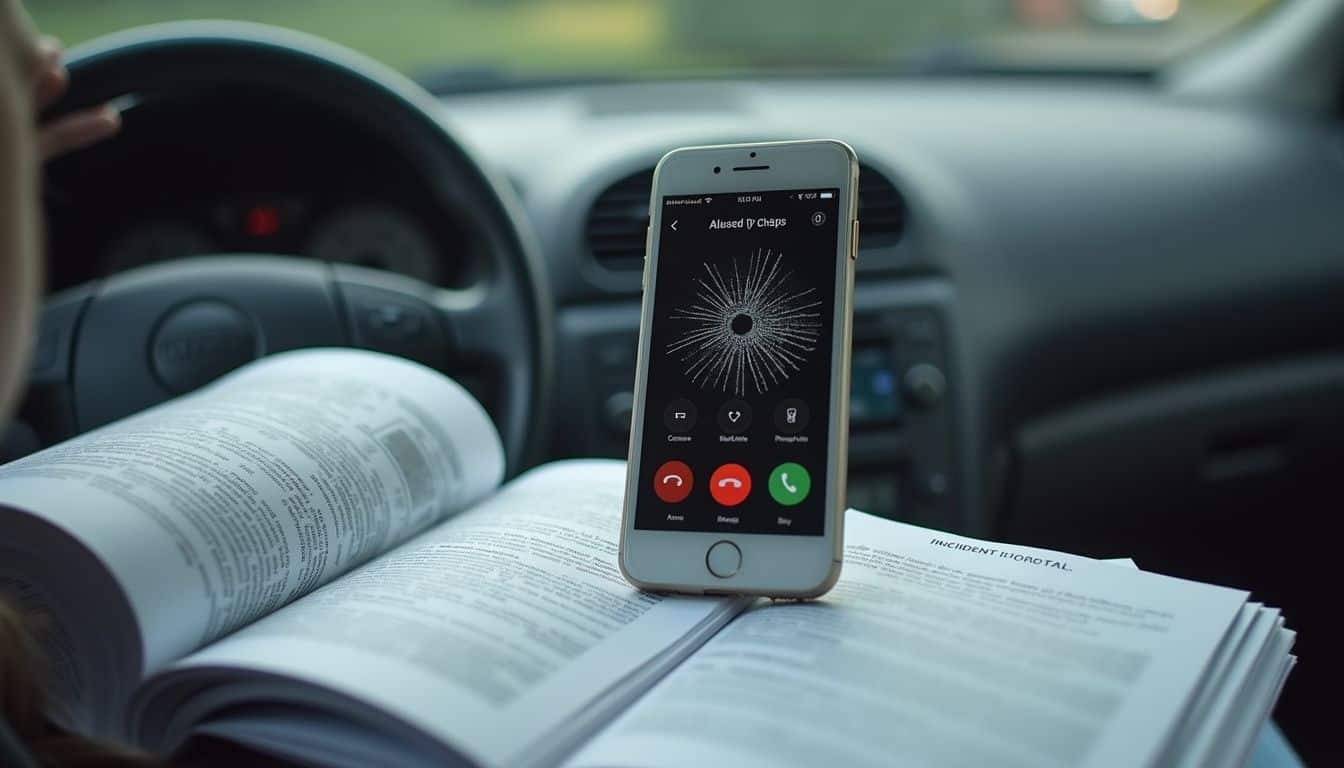
Skipping medical attention after a vehicle accident makes injuries harder to treat and claims harder to prove. ERs and urgent care centers can spot internal bleeding, spinal cord injuries, and mild traumatic brain injury early. That timing protects both health and paperwork.
Why is delaying or neglecting medical treatment risky?
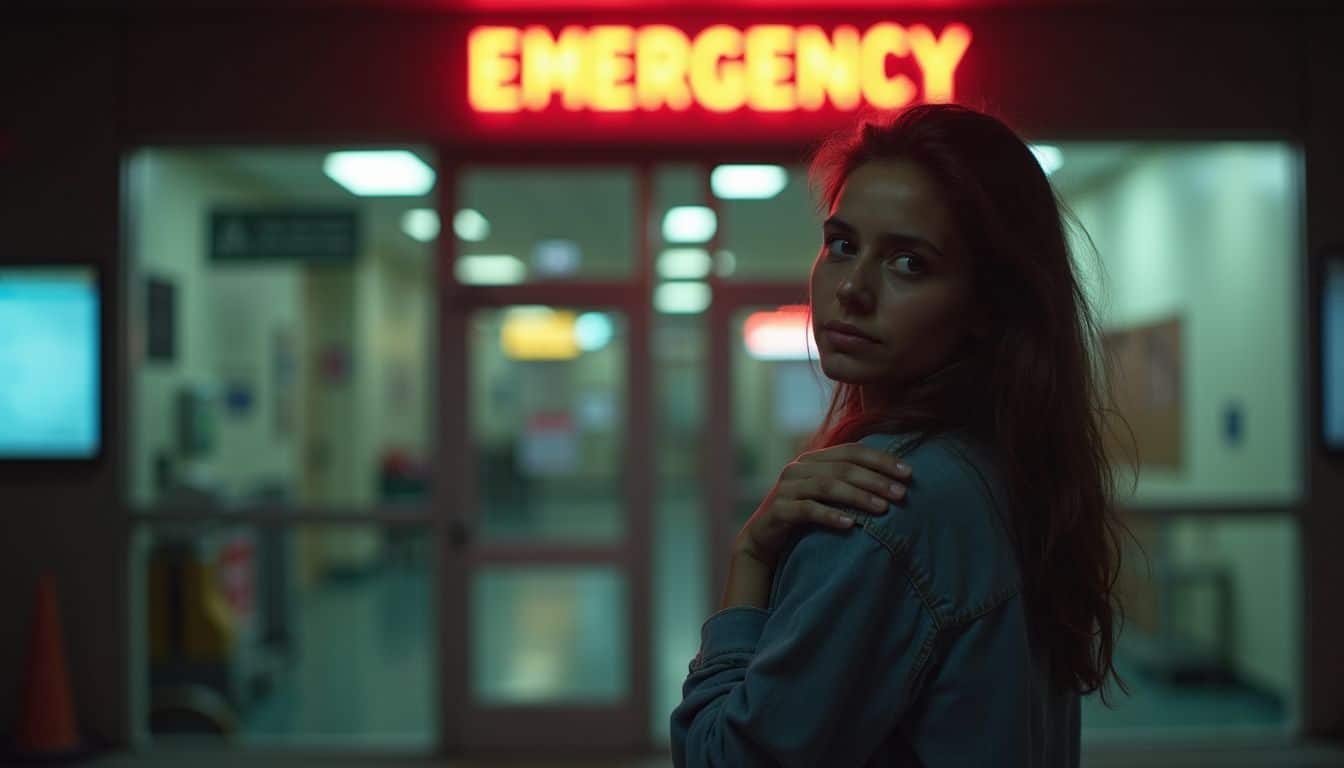
Adrenaline can mask pain after a crash. Hidden injuries like internal bleeding, spinal cord injury, or mild traumatic brain injuries may not show up right away.
Head injuries can seem mild at first. Without early imaging, such as CT scans or x-rays, a brain bleed can get worse fast.
Watch for red flags. Chest pain, shortness of breath, and trouble breathing call for immediate hospital care.
Insurers review timelines closely. Long gaps before seeing a doctor let an insurance company argue that injuries are unrelated or minor. In Florida, missing the 14-day window for personal injury protection benefits can end coverage. Even if it feels like soreness, get checked at the emergency department. Create records now, and keep your options open, including legal help from a malpractice lawyer if needed later.
What injuries should I report to ER medical staff?
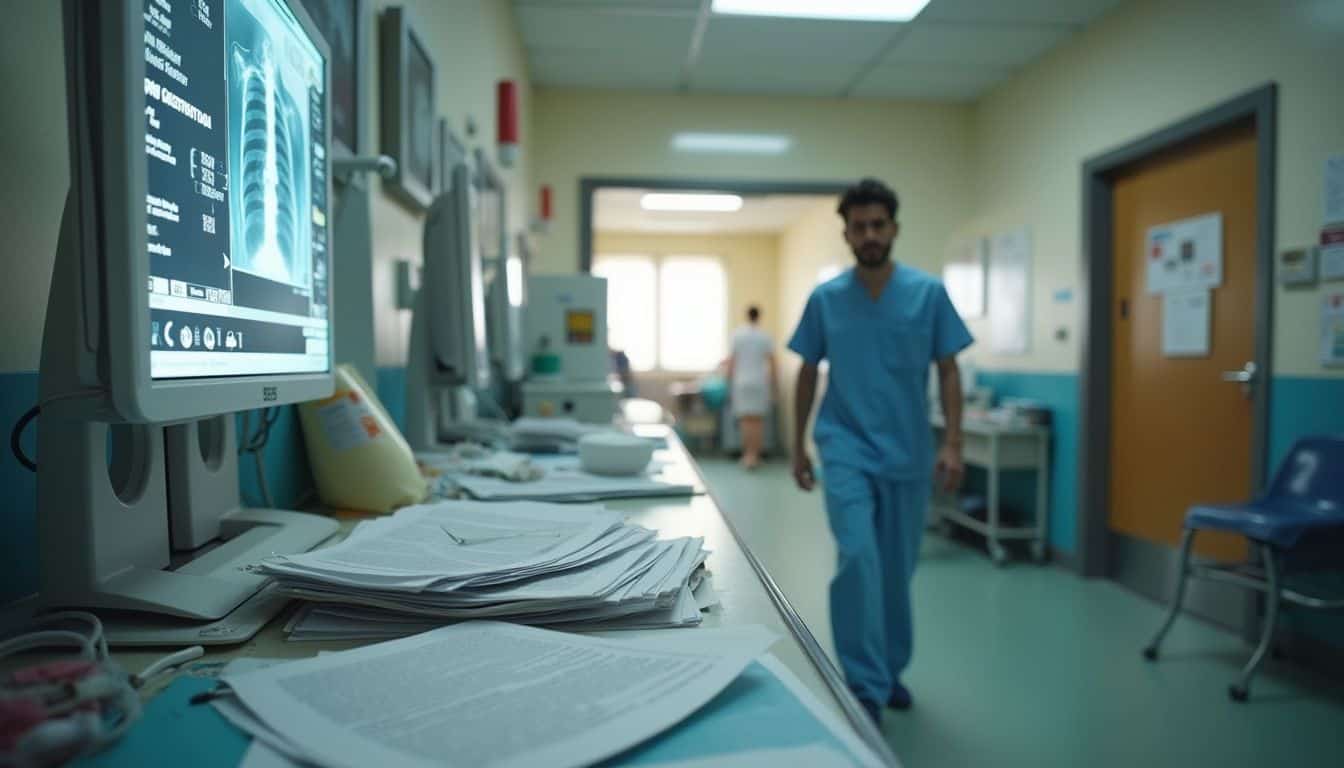
Tell ER staff everything, even small issues. Full details guide care and build a clear medical record.
Report if you lost consciousness or felt dizzy, confused, or nauseated. Mention headaches that start later, vision changes, or sound sensitivity. These can suggest a head injury or brain trauma.
Describe chest pain, shortness of breath, or painful breathing. A punctured lung needs urgent treatment.
Note numbness and tingling in arms or legs. That can signal nerve damage or spinal injuries. Mention neck stiffness and back pain, which can point to whiplash or disc injury.
Show all cuts, bruises, and broken bones. Ask about imaging, like x-rays or CT, if pain is severe or movement is limited.
Share mood changes, sleep problems, or flashbacks. That could be emotional trauma such as PTSD, which doctors can treat with therapy sessions or medication when appropriate.
Late symptoms matter too. Fatigue, worsening soreness, or new weakness deserve follow-up and documentation. Clear notes help both recovery and any personal injury claim.
How important is following up with recommended care?
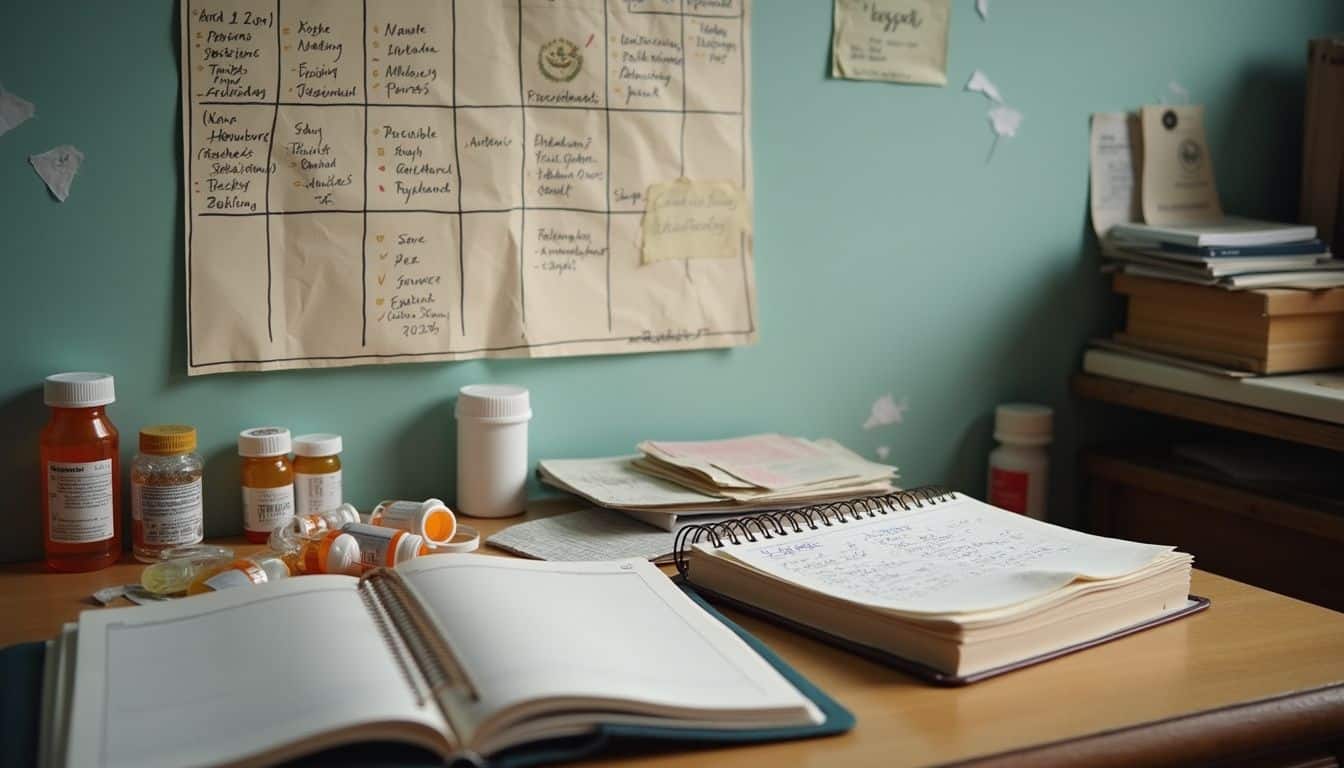
Follow the plan your doctors give you. Skipping physical therapy or missing checkups slows healing and weakens personal injury claims.
Insurers look for gaps in care. Missed visits suggest injuries are minor or unrelated to the crash.
Schedule a primary care visit within 48 hours if possible. Some stroke or TBI signs appear late. A quick review can catch them.
Keep a simple pain journal. Note soreness, limits at work or home, and missed activities. Those notes support your medical record and any future personal injury lawsuit.
Do not rush back to heavy work before your body is ready. Overdoing it can set you back and confuse claim value later.
Mistakes at the Accident Scene

Strong evidence makes claims smoother. Use your phone to capture photos, video, and details while still at the scene.
What happens if you leave the scene without documenting evidence?
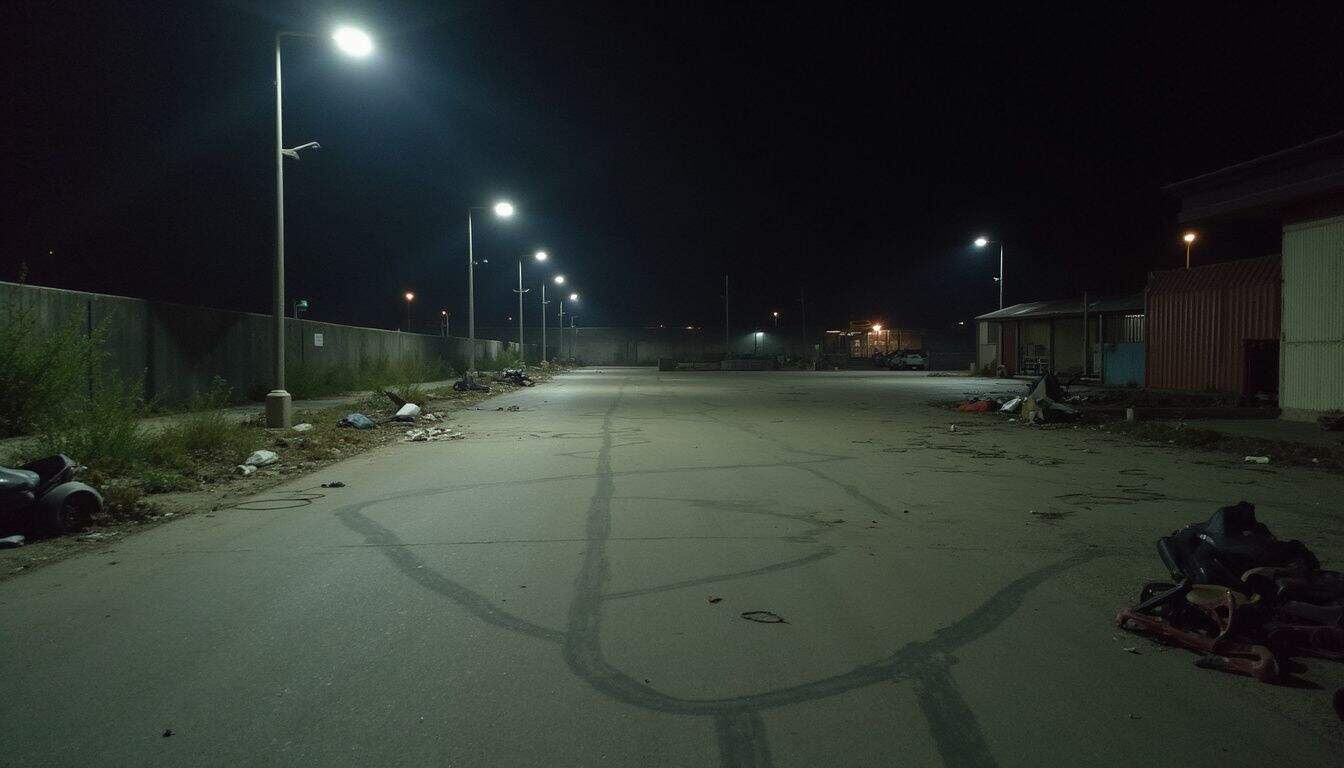
Leaving without collecting proof can cause serious problems. In some states, including Colorado, leaving after an injury crash can bring felony charges and higher premiums.
Insurance companies may deny claims if you leave. They view it as breaking policy rules, and key evidence gets lost.
Without photos, video, or witness contacts, proving fault is harder. Even paramedics might miss details that help show how you were hurt.
If possible, wait for police. Share facts, not opinions, and gather what you can safely. A personal injury attorney can help later, but missing scene evidence is rarely fixable.
How do I properly take photos or videos of accident damage?
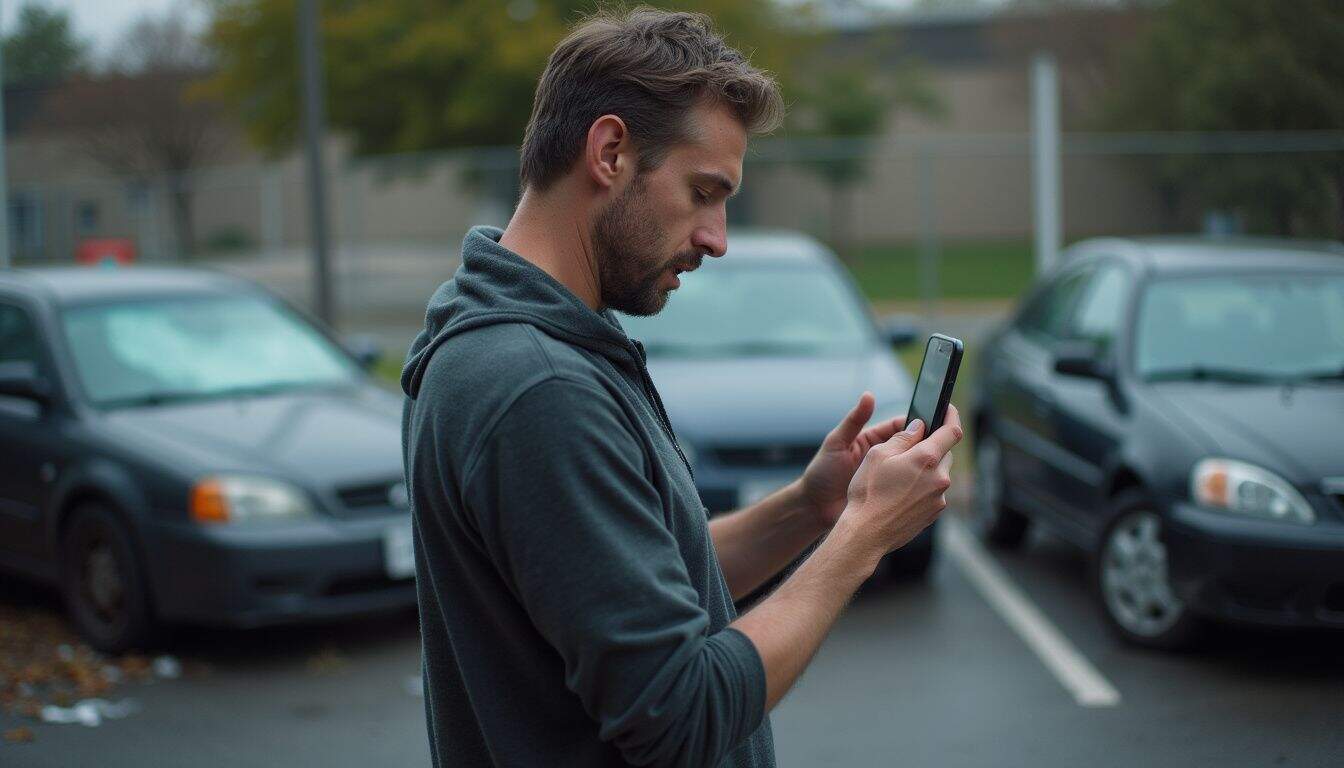
Good visuals make a huge difference. Use these steps to capture what happened.
- Take clear, high-resolution photos of every vehicle involved, including damage and final positions.
- Shoot wide angles of the entire accident scene, including signs, skid marks, and road conditions.
- Get close-ups of dents, paint transfer, broken glass, and each license plate.
- Photograph visible injuries to you or passengers right away.
- Record timestamped videos walking around each vehicle and the roadway.
- Photograph driver’s insurance cards, registration, and driver’s licenses when safe to do so.
- Back up files to the cloud or email them to yourself for safekeeping.
- See this comprehensive guide on post-accident steps for more tips.
Clear, organized evidence helps settle who is responsible and prevents disputes later.
Why must I get the other driver’s insurance information?
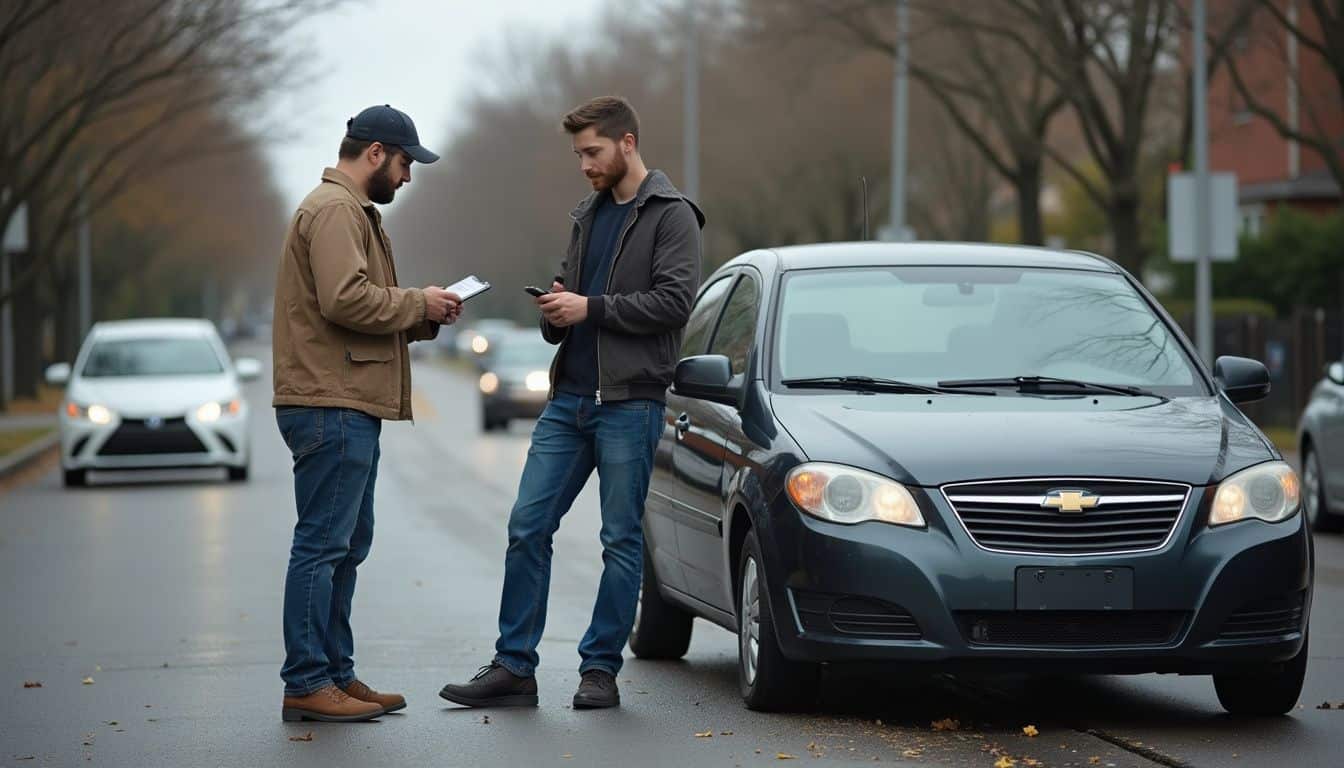
Photos tell the story, but details close the loop. Get the other driver’s name, phone, address, insurer, policy number, and license plate.
Missing even one piece can delay repairs and medical care. Adjusters need complete data to open claims and contact the right carrier.
Rushing off without full info often leads to long calls and denied coverage. Take two extra minutes at the curb; it can save weeks later.
“Failing to collect proper information at the scene can delay or prevent fair compensation.”
Communication Errors
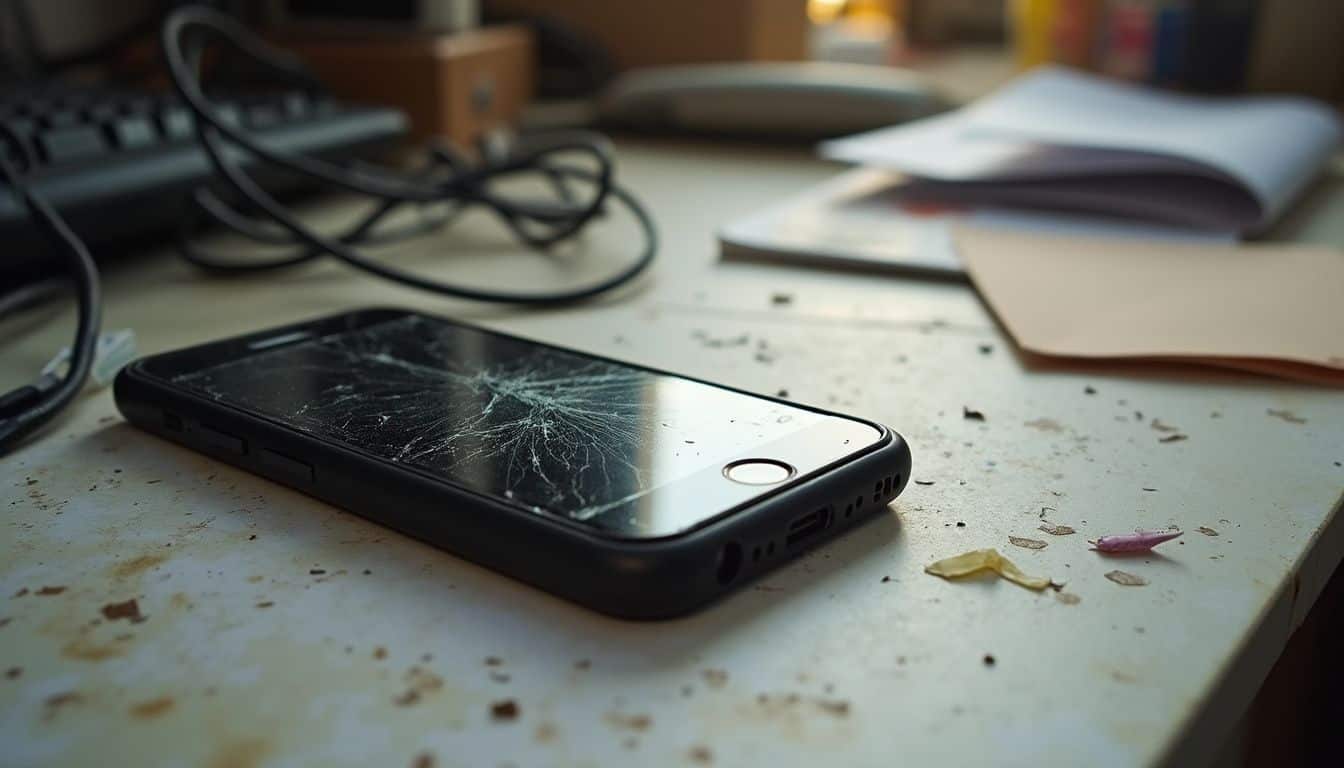
What you say after a crash affects your claim. Use short, factual statements and save opinions for your attorney.
Should I admit fault at the accident scene?

Avoid admitting fault. Even a quick “I’m sorry” can be used against you.
Police and insurance companies decide liability based on evidence, not guesses at the curb. In comparative negligence states, partial blame reduces any payout.
Focus on safety, photos, and exchanging information. Let reports and records speak for themselves.
Can I talk to the other driver’s insurance company?
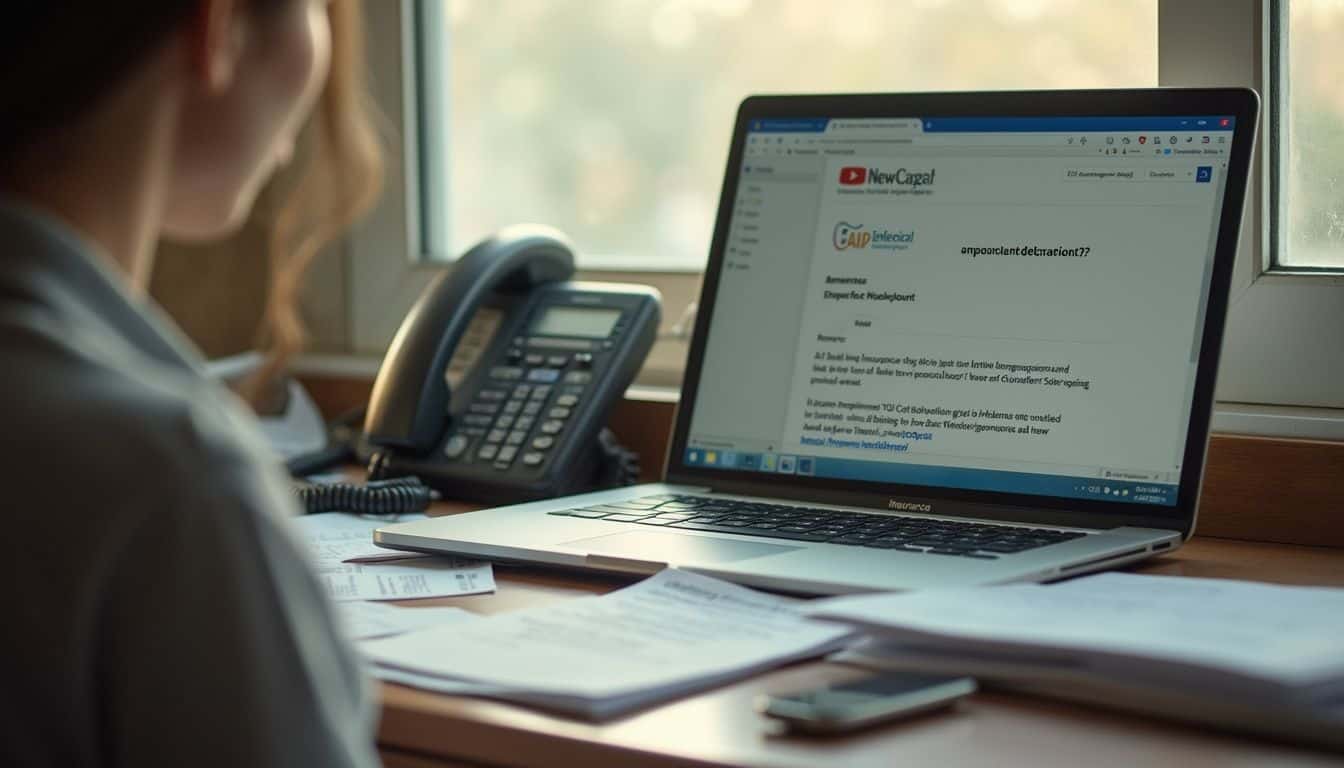
Expect a fast call from the other driver’s insurer. They often ask for a recorded statement.
Keep it simple. Share only basic facts like location, date, and vehicles. Do not guess about speed or fault. Consider referring them to your personal injury attorney.
Your own words can be used against you by insurance adjusters, so choose carefully.
An attorney handles pressure tactics and protects claim value. One accurate statement, routed through your lawyer, beats several rushed calls that can be misread later.
Is it safe to post accident details on social media?

Posting about the crash can damage your case. Insurers review pictures and status updates to argue you are not injured.
Even a lighthearted post about grabbing cookies with friends can be twisted. Set profiles to private and pause posting until the claim closes.
Before sharing anything accident-related, speak with an attorney. A short silence online protects a long-term result.
Legal and Insurance Mistakes

Paperwork can decide the outcome of a claim. Small delays or missing forms turn into big setbacks.
When should I notify my insurance company after an accident?
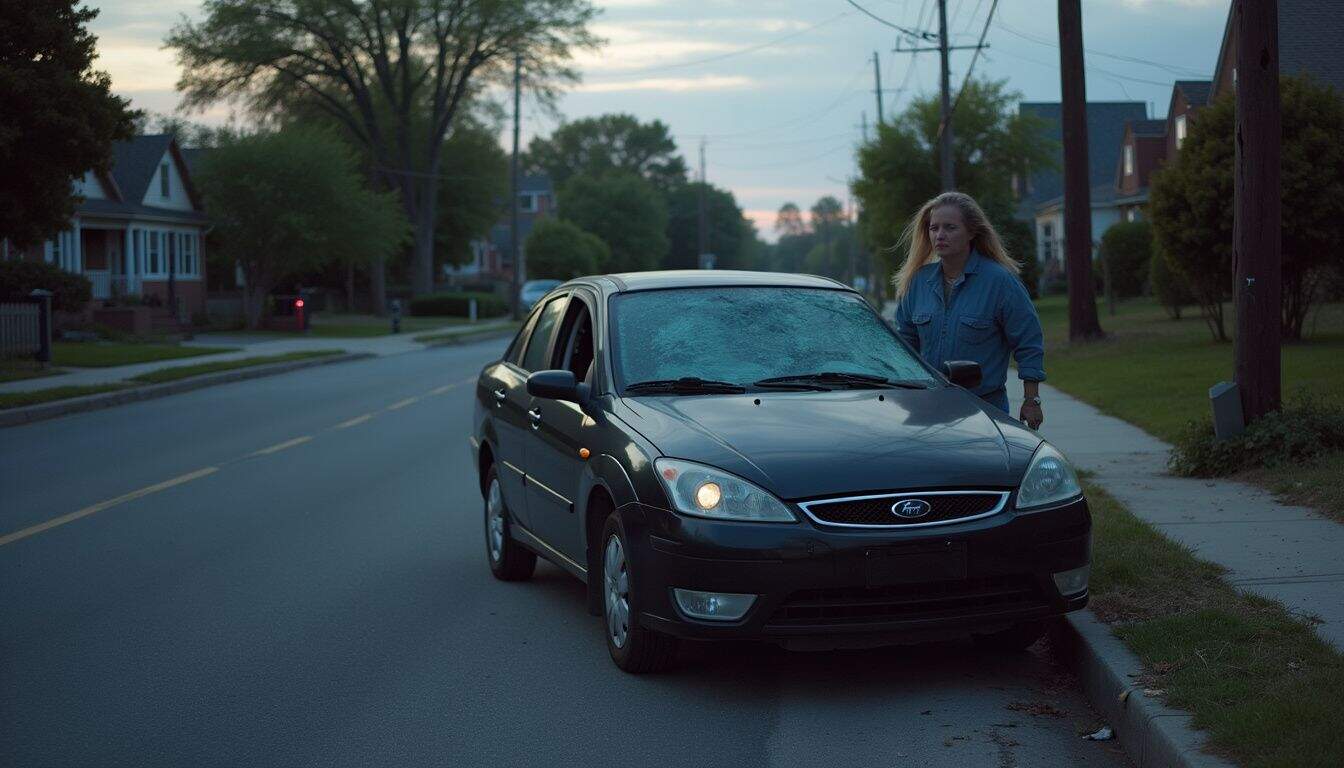
Contact your insurer right away to start the claims process. Most policies require prompt notice to preserve coverage.
Many states require insurers to acknowledge a claim within a set time, often about 15 days. The sooner you report, the sooner they can gather photos, witness names, and police reports.
If you do not hear back, follow up with your agent. Confirm the claim number and save it with your notes.
Why should I avoid accepting the first settlement offer immediately?

Early offers are often low. They rarely cover future care, rehab, or the full impact of pain and suffering.
More injuries appear over time. You may miss work later or need extra imaging and therapy. If you settle too soon, you pay the difference.
People who hire a personal injury attorney tend to receive higher settlements on average. Have a lawyer review the offer before signing anything.
Gather your accident reports, photos, and medical records. Organized proof strengthens negotiations with insurance companies.
How can I keep accident-related documents organized and safe?
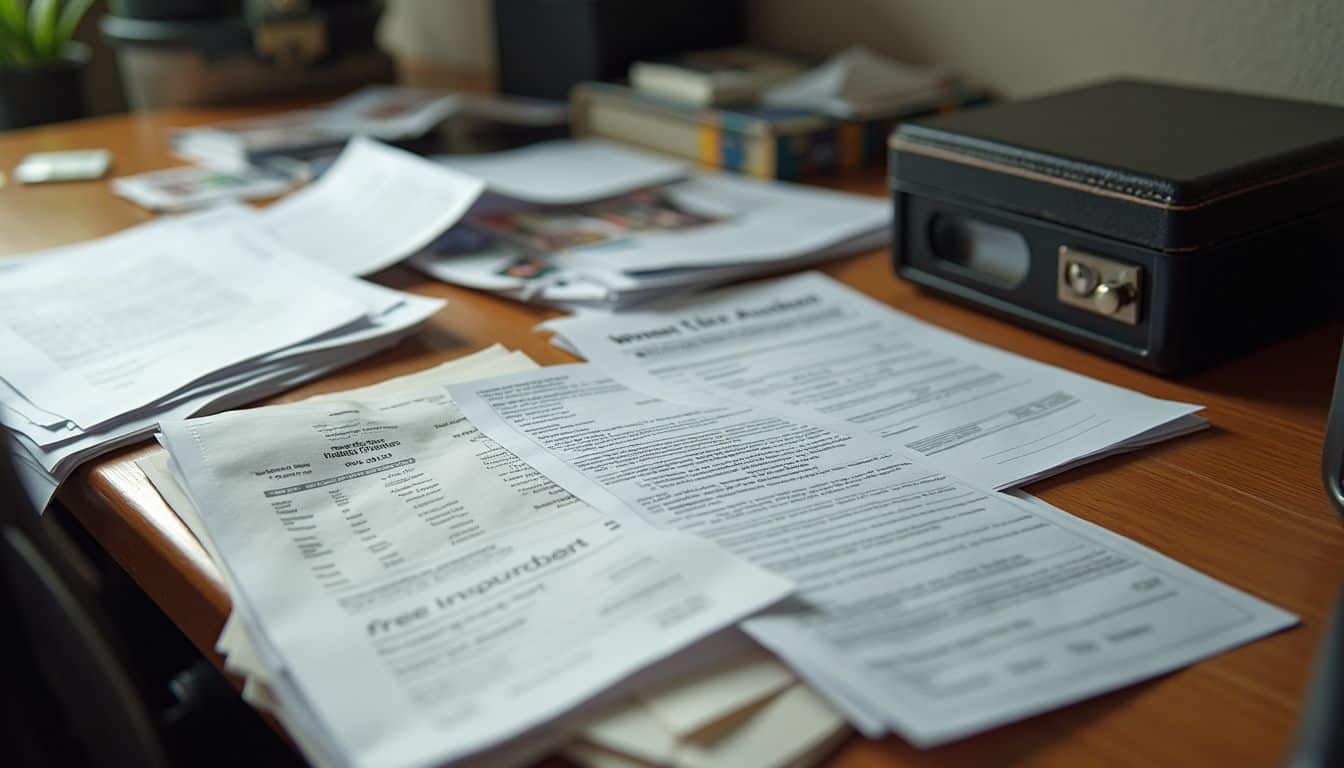
A simple system keeps stress down and your claim on track. Use both paper and digital copies.
- Collect every receipt, from emergency room fees to repair invoices.
- Keep a pain journal for at least 60 days. Note daily limits and pain levels.
- File all medical records from ER, primary care, specialists, and physical therapists.
- Scan important papers into PDFs with Adobe Scan or Google Drive.
- Back up digital copies to Dropbox or OneDrive.
- Store originals and one print set in a fireproof safe or locked drawer.
- Track witness names, contact info, and officer badge numbers in one list.
- Use a checklist to mark documents you have and what is missing.
- Update the file whenever new bills or letters arrive.
- Ask a personal injury attorney to review your file. Their team can spot gaps fast.
How Will Car Accident Claims and Documentation Change in 2025?
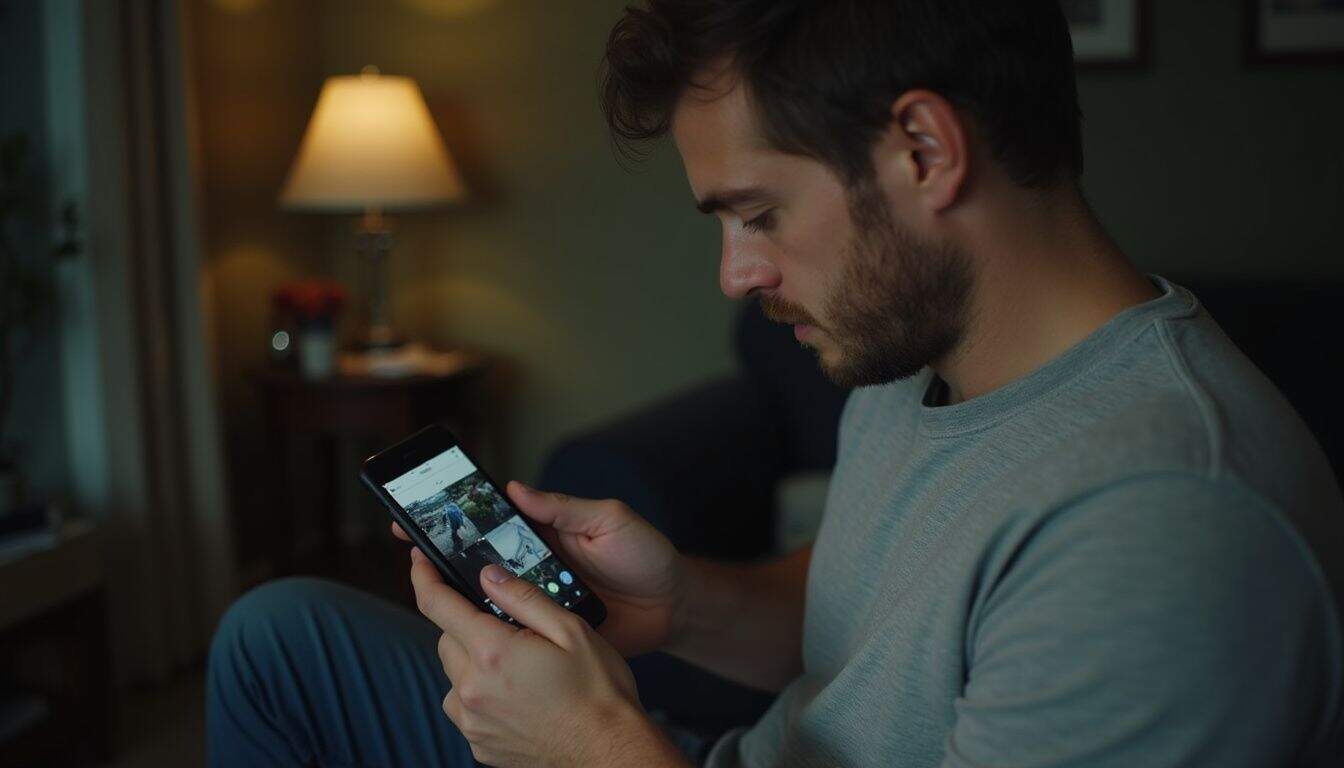
Insurers are rolling out new digital tools. More drivers will use apps, cloud storage, and dashcams to collect accident evidence.
Courtrooms and adjusters may prefer PDFs and smartphone records over paper. Police reports could be uploaded within hours for easier access by lawyers and insurance companies.
Electronic signatures on medical releases may become standard. Some states may even shorten reporting timelines and offer online portals for basic crash details.
Carriers may text you for injury updates or receipts. Strong electronic records, from photos to repair estimates, will carry more weight in claim disputes.
Stay ready. Keep files organized, back everything up, and respond quickly to requests. This approach helps your personal injury claim hold up under changing rules.
This content is for general information only. It is not medical or legal advice. If you have symptoms, seek medical care. For claim strategy, speak with a qualified personal injury attorney who knows your state’s laws and how insurance companies operate.
People Also Ask
What are the most common mistakes people make in the emergency room after a car accident?
Many individuals fail to report all injuries, delay seeking treatment, or do not follow medical advice. Some also forget to document their symptoms and skip important follow-up appointments.
Why is it risky to leave minor pain unreported after an auto collision?
Ignoring mild discomfort can lead doctors to miss hidden injuries that may worsen over time. Early reporting helps ensure accurate diagnosis and timely care.
How does incomplete documentation affect insurance claims following a vehicle crash?
If you neglect to record your symptoms or treatments, insurance companies might question the severity of your injuries; this could reduce compensation or even cause claim denial.
Can failing to attend recommended check-ups impact recovery from traffic accidents?
Yes, missing scheduled visits can slow healing and prevent detection of complications; consistent follow-up supports better health outcomes and strengthens legal cases if needed.
References
https://www.bkr-law.com/6-common-mistakes-that-could-destroy-your-car-accident-claim/ (2025-08-12)
https://kreizerlaw.com/common-mistakes-after-car-accidents/
https://www.cghlawfirm.com/blog/what-happens-if-you-leave-the-scene-of-a-car-accident/ (2025-08-10)
https://coulterharshlaw.com/blog/common-mistakes-people-make-after-car-accident/
https://www.sftriallawyers.com/blog/mistakes-to-avoid-after-a-car-accident/
https://thecottolawgroup.com/blog/why-you-should-never-admit-fault-after-a-car-accident (2024-09-16)
https://www.insurance.ca.gov/01-consumers/105-type/95-guides/01-auto/hadaccident.cfm
https://ericramoslaw.com/why-you-should-never-accept-the-first-insurance-settlement-offer-after-an-accident/ (2025-03-29)
https://jjlegal.com/blog/organizing-documents-after-accident/
https://www.rmdlaw.com/blog/mistakes-ruin-california-accident-claim/ (2025-08-11)


